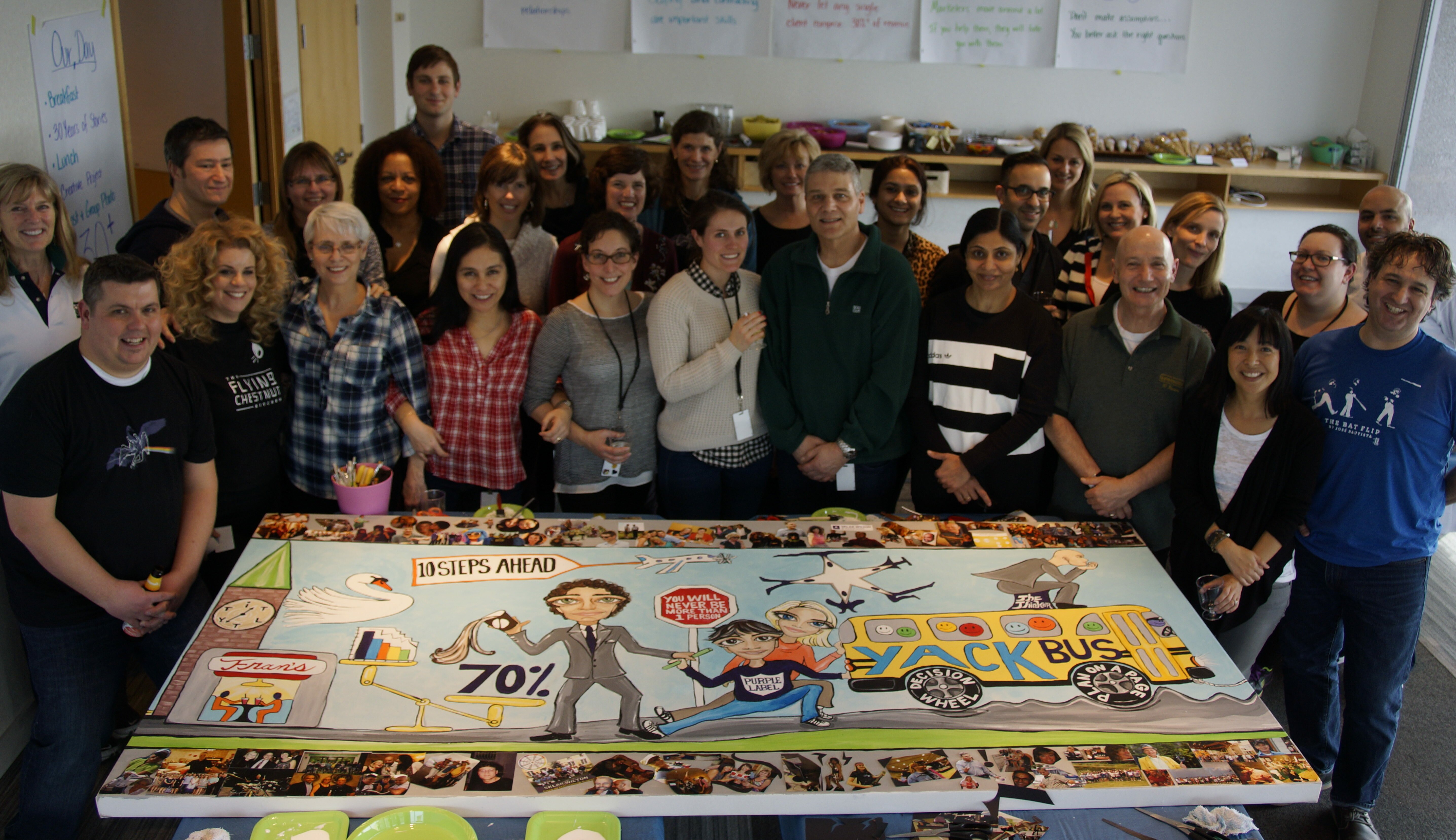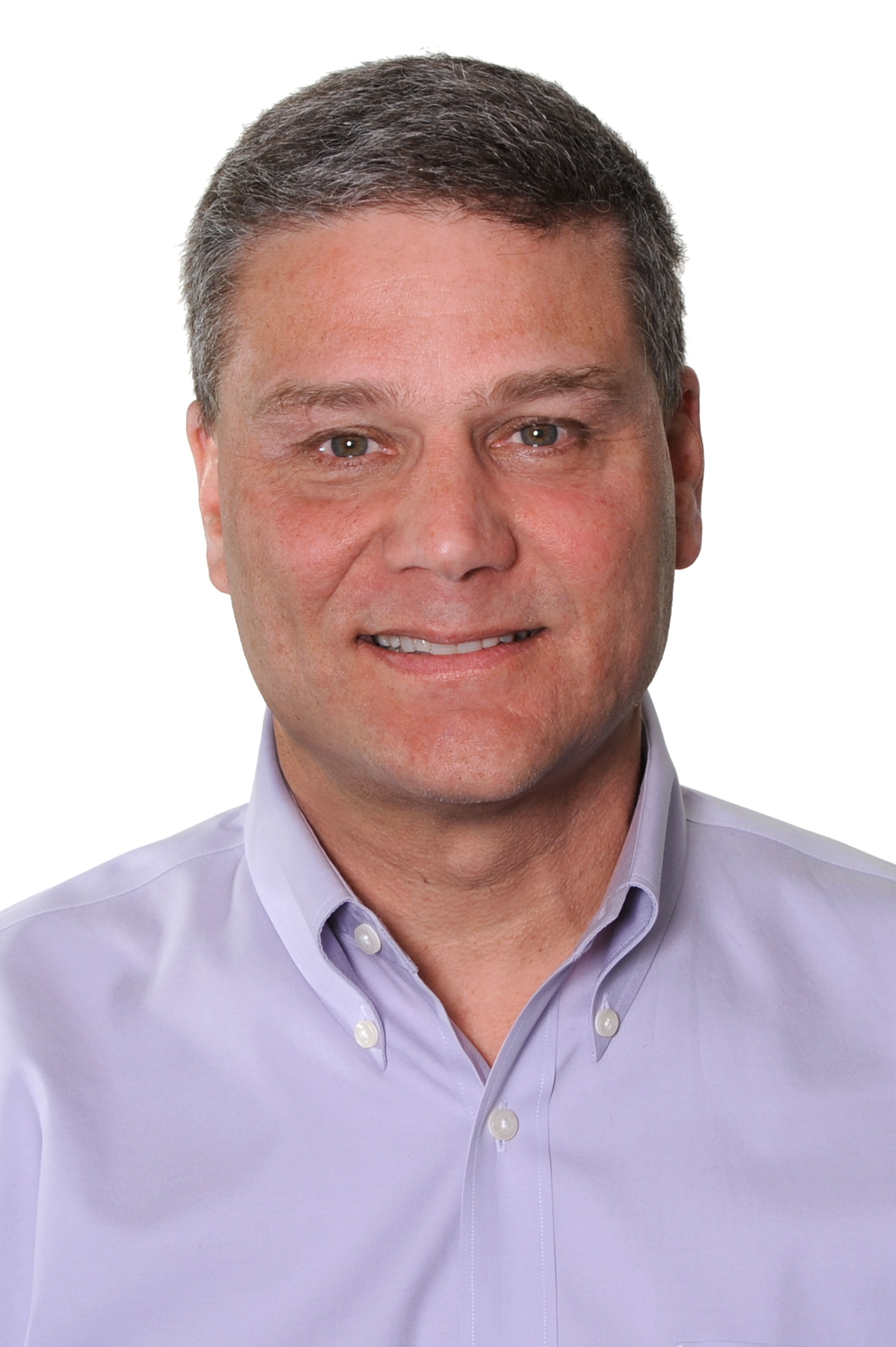PROFILES in businesshealth® – Sklar Wilton & Associates

Sarah Liverance, Partner, Sklar Wilton & Associates
bh IN BRIEF
Sklar Wilton & Associates is a brand and retail consultancy that has worked for more than 30 years to help clients unlock growth and build stronger brands. Leveraging strategic advisory services, market research, and analytics, SW&A works with Canada’s leading consumer and B2B brands across a range of marketing challenges including brand purpose and positioning, brand strategy, marketing planning, innovation, shaping corporate culture, advanced analytics, and strategic facilitation. In 2017, SW&A was recognized as the Best Workplace in Canada for Small Companies by the Great Place To Work® Institute (GPTW), and the number one Employee Recommended Workplace (ERW) among small private employers by the Globe and Mail and Morneau Shepell. SW&A was selected as a GPTW and ERW again in 2018 and 2019.
 www.sklarwilton.com
www.sklarwilton.com
On May 13, SW&A is launching the Headway Movement in memory of their founder, Luke Sklar. To learn more or request an invitation to the launch event, please email:
We recognize that mental health has an impact at work. We know the statistics: the economic burden of mental illness is huge, in terms of dollars spent and productivity lost. What we hear less about is its actual effect on people in the workplace, especially when prolonged illness leads to suicide.

Sklar Wilton & Associates (SW&A) is a brand and retail consultancy built on the entrepreneurial spirit of its founder, Luke Sklar. Over 30 years, it grew into a business of almost 40 people led by five partners, Charlie Wilton, Jennifer Marley, Sarah Liverance, Manoj Raheja and Luke himself. They were a close-knit team where all points of view were heard, all ideas listened to, and consensus always reached. Then, on May 12, 2018, after a long struggle with depression, Luke Sklar died by suicide. Over the years, Luke was open about his disease and comfortable talking about it. Shortly after his diagnosis, he sat down with his partners, told them about his depression and discussed how to tell others. Honouring Luke’s openness, one of his partners, Sarah Liverance, has responded to questions from bh about the impact of his illness at SW&A before and after his suicide. Her responses provide a rare, candid look at what happens when mental illness threatens the heart of an organization and what can be achieved when that organization determines to create something positive from profound loss.
Here is what Sarah had to say:
How does the suicide of a leader impact an organization?
The death of any member of our team would have a devastating impact. The death of our founder, friend and mentor cut deep. Some of our associates had worked with Luke for 20+ years, many for 10+ years, some for only a couple of years. But over all those years, we’ve learned from Luke the importance of action and we must ensure that some good action ultimately comes from his death. We will elevate mental health on our SW&A “whole person” agenda and, as I describe later, we will also elevate it on the agendas of workplaces across Canada.
How did people respond when they heard of the death of your founder, Luke Sklar?
The best word I have is “irreconcilable.” Luke was that gifted entrepreneur who walked into a room and filled it with light – his demeanor, his bright mind and brilliant ideas. The thought of someone as gregarious as Luke suffering from depression was a complete disconnect for people. When he died by suicide, it was incomprehensible to those who didn’t understand the insidious nature of his disease. As soon as the news of his death hit the internet, we were literally bombarded with condolences. I have a five-inch binder full of notes and cards from his wide network of business colleagues.
What did Sklar Wilton & Associates do to provide support in the workplace?
Our company purpose is “helping others succeed” and that applies not just to our clients but also to each other. When Luke became ill, we as a partner team put together a specific whole person wellness and support plan for him. We already had a whole person wellness program in place for our full team and as part of that, we had provided sessions on topics like mindfulness and meditation (a 16-week series), stress management, brain health, energy management, and personal purpose and goal setting. Even though our team already had some basic coping resources, we also brought in an additional mental health professional to teach us more about depression – how it manifests in the sufferer and how we could be more helpful to Luke. Beyond that, we as a partner team frequently shared updates on Luke’s status, brought him into the office for visits when he was able, and got the team involved in making things like cards and fun videos for him.
We were notified about Luke’s death very early on a Saturday morning. The partners met in the office that day to develop a plan for communicating with and caring for our team. Our first step was to call each associate that day to let them know what had happened. It was important that they hear it from us before anything hit the news/internet. We also contacted a grief counselor who was at the office with us first thing Monday morning for an all-associates meeting. The counselor helped us understand more about suicide, what we might expect emotionally and how we could best support one another. This grief counselor was available that morning and also, for one-to-one sessions on an ongoing basis, as needed.
How has suicide changed attitudes to mental health at SW&A?
There is no question, Luke’s battle with depression has taken something that was on our whole person agenda and elevated it. The first thing we did was to restructure our benefits plan to make it more whole person oriented, and more flexible and responsive to the needs of individual associates. We introduced a health care spending account, employee assistance program, and personal spending account. We have moved to a fully flexible workplace to accommodate the needs of individuals to work when and where best suits them. We have also been busy fleshing out our mental health plan and assessing the most effective mental health training for our team. Later this March, Morneau Shepell will start training our team on principles from the Mental Health Leadership Certificate program they’ve developed in conjunction with Queens University.
On a larger scale, on May 13th we are launching “Headway,” an initiative in Luke’s memory to help companies across Canada create workplaces that embrace best mental health practices. We are inviting C-level decision makers from across the country to join us for the launch event where we will share ideas and best practices. Because Luke was all about action, participants will make pledges to go back to their workplaces and make some sort of change to further the mental health of their employees. Luke would have loved Headway, and it’s been therapeutic for our team to channel our mourning into a movement that will further mental health in the workplace.
What advice do you have for organizations, especially employers and people in leadership positions, either when suicide happens or as prevention?
The focus has to be prevention. That starts with education and conversation. Even though Luke’s situation was rare – one that didn’t respond to countless treatments – we are still left wondering, “If we’d been better educated about this disease, could we have done more to prevent its onset or lessen its intensity?” We spend so much of our time with our work colleagues and, as a result, are in a unique position to observe changes in behaviour that might be early signs of depression or other forms of mental illness. We need to equip our colleagues with tools for whole person wellness, know the signs of trouble brewing, and have the conversations and provide the expert resources that can truly help.
The takeaway for employers
Sarah’s responses tell us that employers must be vigilant and take mental health seriously. Even before Luke’s death SW&A had measures in place that undoubtedly are lacking in other organizations. In the months following, they have implemented more, including changes to their benefits program. Because of their awareness of mental health issues, the team at SW&A was able to respond immediately to news of the suicide and had a basis for taking further action. Key questions for other employers must surely be, “In a similar situation, would you be ready?” and “What steps are you taking to prevent crises, like suicide, and promote mental health?” bh
IN MEMORIAM
|
Luke Sklar Remembered May 23, 1955 – May 12, 2018 Luke Sklar dedicated his life to helping others succeed. Through Sklar Wilton & Associates, the branding and retail consultancy he founded in 1986, he shaped some of Canada’s most recognizable brands and was a bright, passionate, caring advisor, mentor and friend to Canadian marketers at all levels. His many contributions to the business community were celebrated by the American Marketing Association when they named Luke to their Marketing Hall of Legends in 2015. Luke’s commitment to helping others succeed extended to community organizations, friends, and his wife of 34 years and 3 daughters. After a valiant 3-year struggle, he lost his battle with depression on May 12, 2018. |


